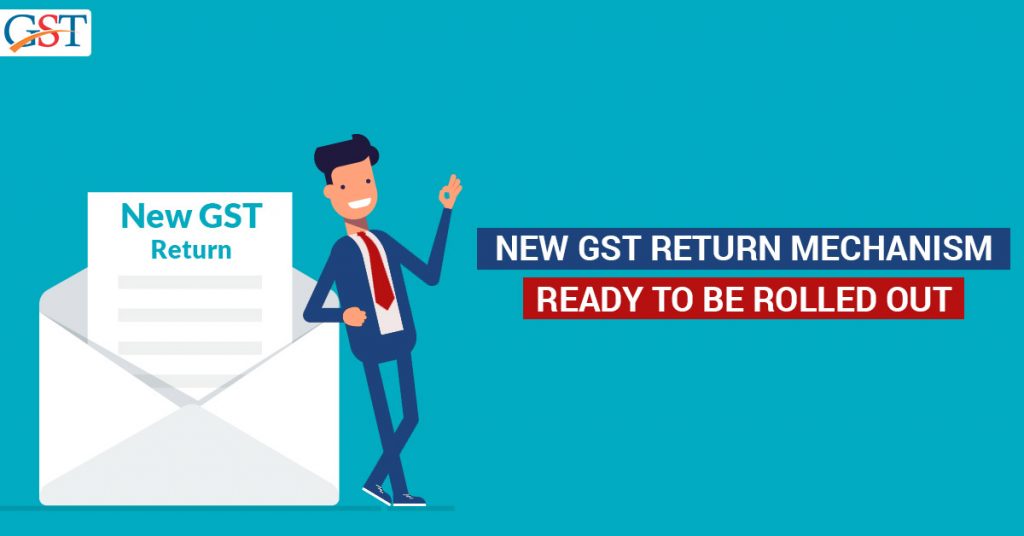
The government is consistently enhancing the GST system to make it touch the highest visualized spectrum. For the cause, GST Network (GSTN) is introducing transformation in the current GST return filing interface to make it a more simplified return filing mechanism.
“Although, various amendments were made in the currently active version 2 of the GST return filing system now a completely new version 3 is set to rule from 22 October 2019“, said GST Network CEO Prakash Kumar at an event.
GSTN is the department associated with providing a proficient IT Infrastructure and service to the central and state governments, taxpayers and other stakeholders to assist them with GST implementation.
GST implementation has made indirect tax compliance a far easier mechanism for businesses by reducing the number of forms to be filed to just 12 from 495 under the total of 17 state and central laws in the pre-GST era said, Prakash Kumar.
He further claims that the indirect tax department can securely handover the data to income tax authorities further eliminating the chances of tax evasion or other tax frauds. Income tax department confirms the range of turnover rather than the details of the taxpayers and the information by indirect tax department has helped in detecting the mismatches. Currently, around 12.3 million registered taxpayers are operating across the country, he added.
Read Also: No Worry! Easy Ways To Reduce GST Compliance Cost for Small Businesses
Rajeev Ranjan (GST Council Special Secretary) said that GST implementation has also contributed to cutting down the logistics costs for businesses while the rate cuts in indirect tax have resulted in reduced prices of commodities and controlled inflation
If we talk about the era prior to GST, about 14% of the total costs of goods were counted under logistics (in India) where it was only 10-11% in Brazil, Russia, India, China and South Africa (BRICS) nation and 9-10% in other developed countries, sourced from the 2014 analysis. Currently, the logistics cost in India is 10-12%, all thanks to GST, said Ranjan.
“During the pre-GST governance, trucks covered 225 kilometres a day and now it covers 300-325 kilometres,” said Ranjan, indicating that in GST there is no need for a walled market.








